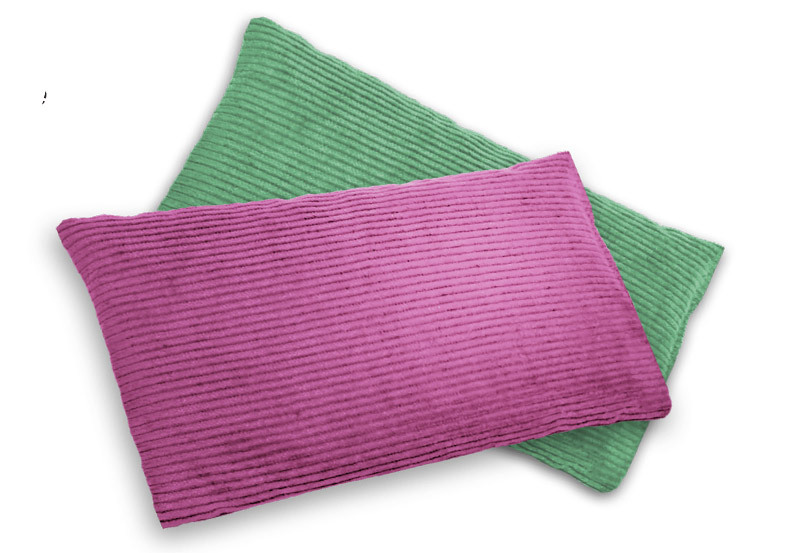Home Fire Safety
Protect What You Value
Reduce your risk at home
Many house fires start in the kitchen and the majority of all kitchen fires begin from cooking that is left unattended on the stove.
- Never leave cooking unattended. Turn it off before you turn away!
- Don’t let fats and oils build up around the stove, they can catch fire.
- Heat oil carefully and do not overfill pot or pan.
- Never use water, flour or salt to put out an oil or fat fire on the stove.
- Use a lid or fire blanket to smother a fire in a pot or pan.
- Never try to carry a burning pot or pan.
- Keep pot handles turned inwards.
- Don’t hang objects over oven door handles eg. tea towels.
- Store flammable materials away from the stove.
- Empty the crumbs from your toaster regularly, and never position the toaster near curtains or blinds.
- Wear clothing with tight fitting sleeves when cooking.
- Leave immediately if your home catches fire.
- Stay out and dial triple zero ‘000’ for help.
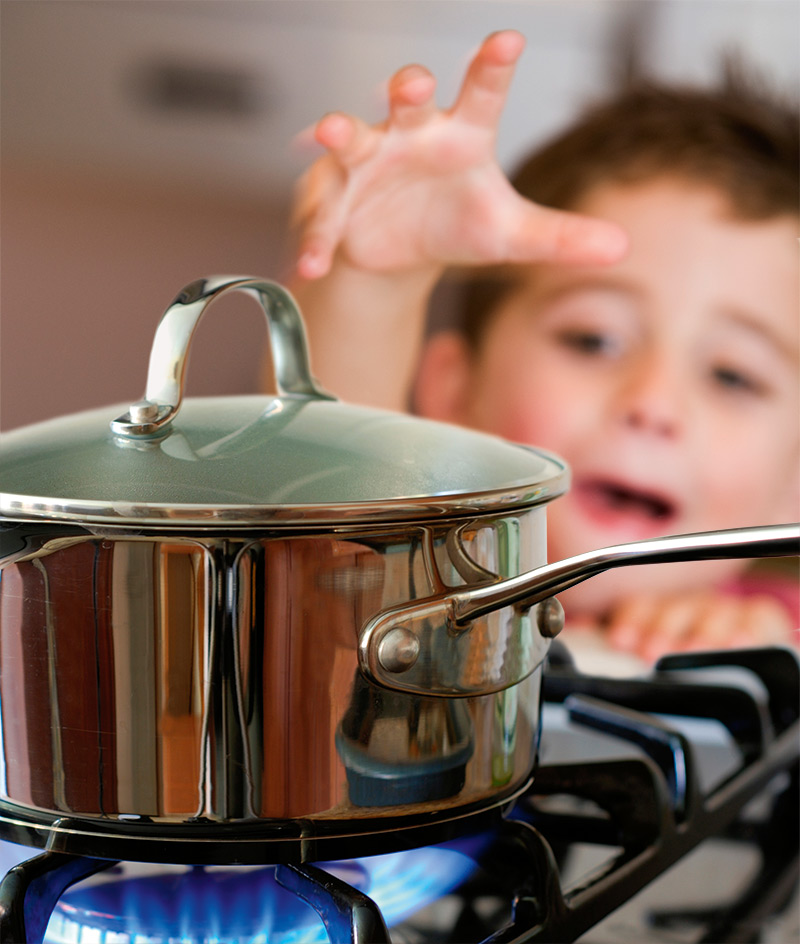
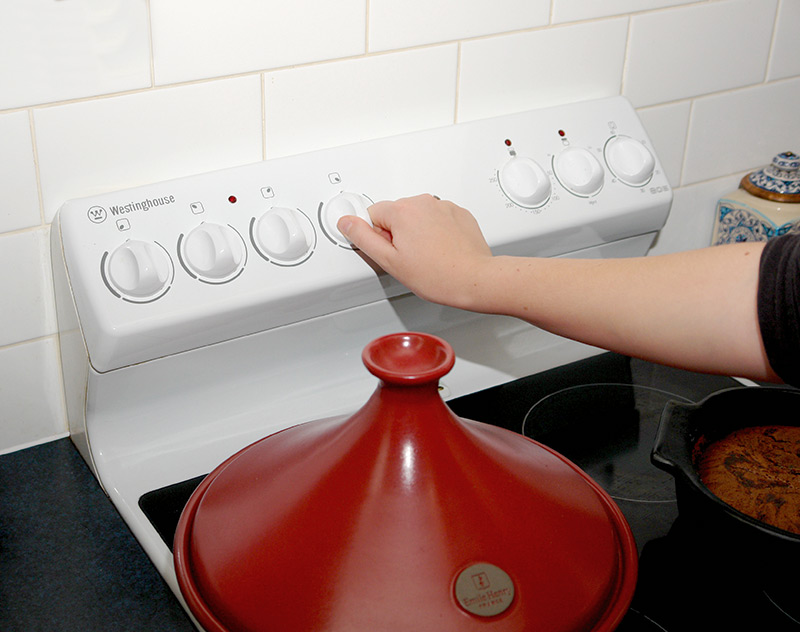
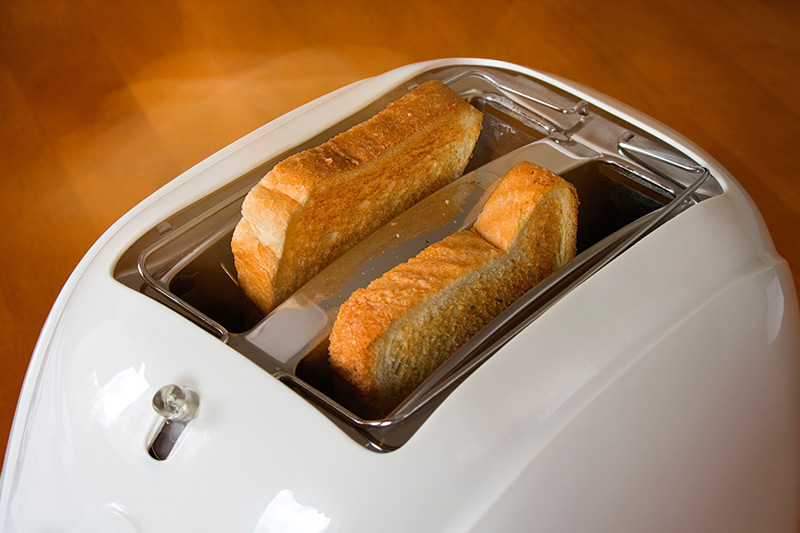
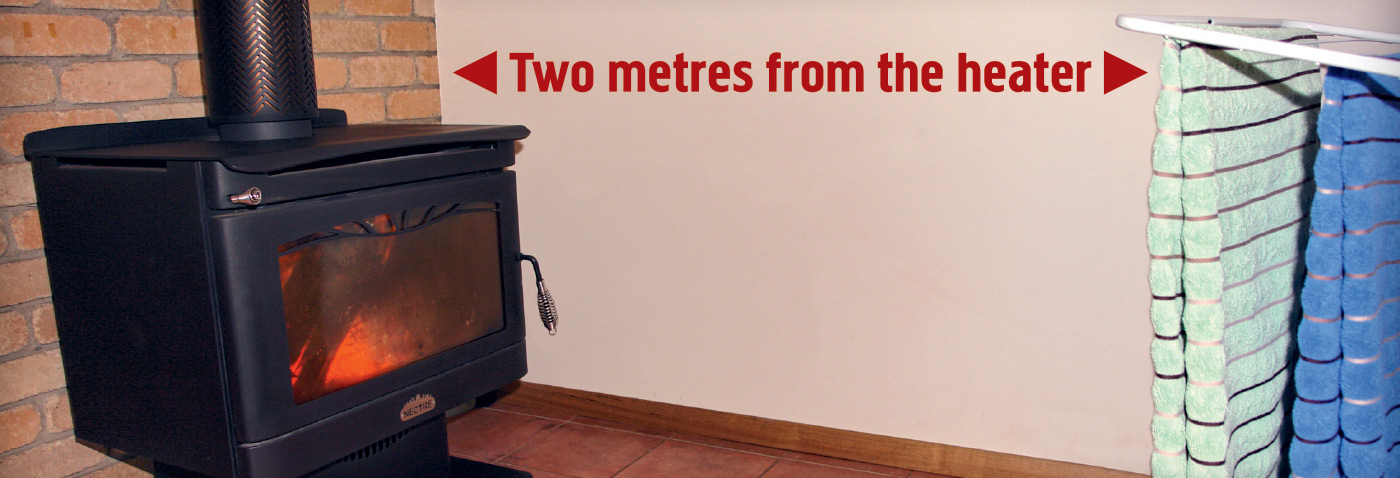
- Don’t place clothing or any flammable material too close to heaters – it should be at least two metres from any source of heat.
- Never leave clothes near the heater if leaving the house or going to bed.
- Check clothing regularly if drying near a heater.
- Use fire screens at all times with open fires.
- Don’t sit too close to the heaters.
- Clean and maintain chimneys and heater flues annually.
- Maintain heaters according to the manufacturer’s instructions.
- Don’t leave your heater door open or remove screens on open fires.
- Be careful with the disposal of ashes from the hearth or wood heater. Ashes can take up to five days to cool. Always place ashes in a metal container. Dispose of ashes well clear of your home and pour water over them.
- Never use an outdoor heater indoors.
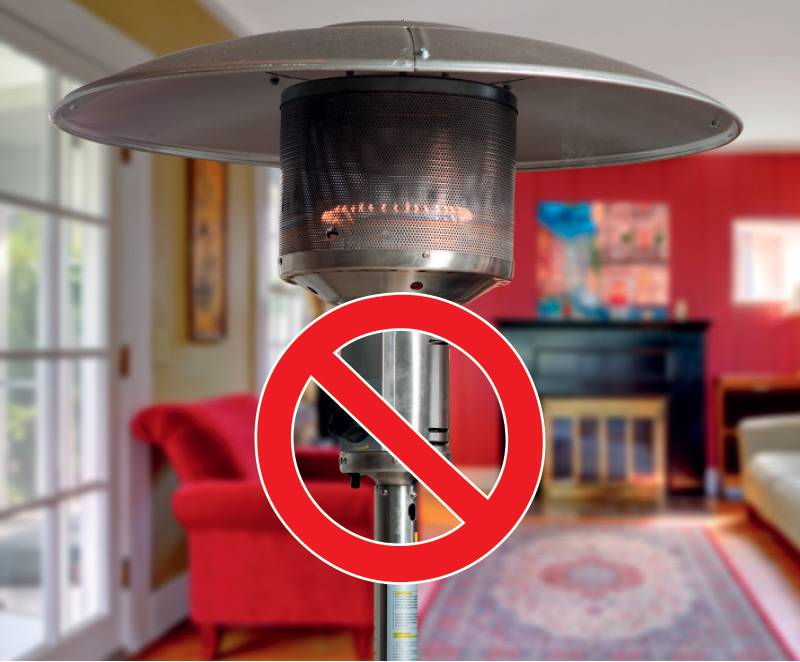
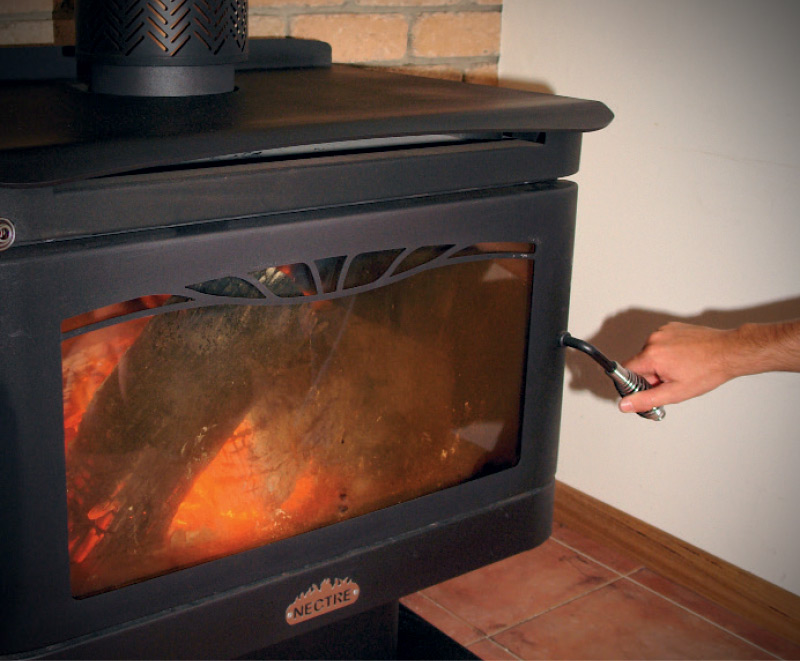
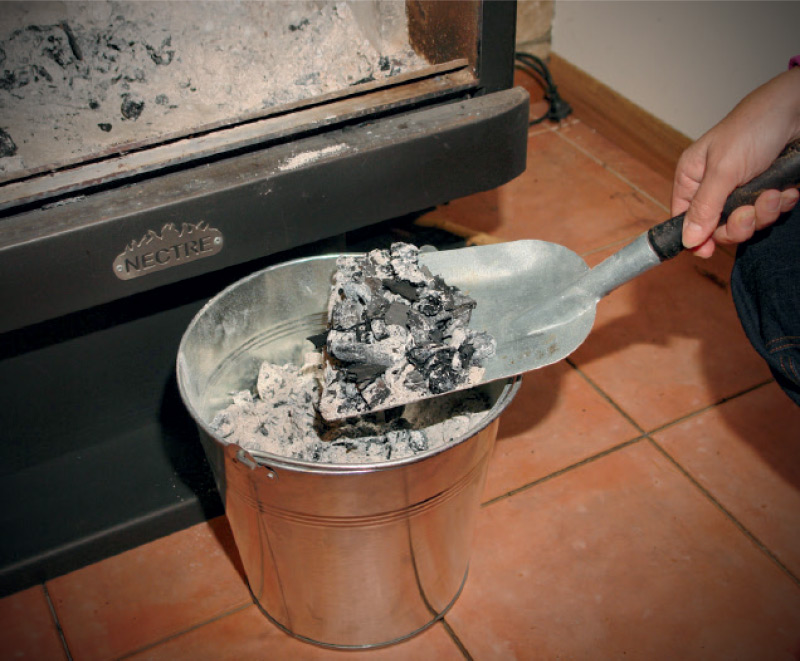
Electric Blankets
- Switch off before getting into bed.
- Switch off when not at home.
- Keep blanket flat and tied firmly to the bed.
- Never use if wet, soiled or creased.
- Do not use a hot water bottle and an electric blanket together.
- Do not place heavy objects on an electric blanket if switched on.
- Never fold if storing, as you may damage the wiring.
Replace your blanket if it shows any of the following danger signs:
- Frayed or worn fabric or scorch marks
- Exposed elements
- Creasing or folding
- Soiling/damp patches
- Tie tapes damaged or missing
- Damaged electrical cord, plug or controller.
As a final check, switch onto high for 10 - 15 minutes. Run your hand over the blanket to check for hot spots which indicate that the elements may be damaged.
General
- Don’t smoke in bed.
- Light globes are hot. Fit bedside lamps with a compact fluorescent bulb. Don’t put material over the lamp.
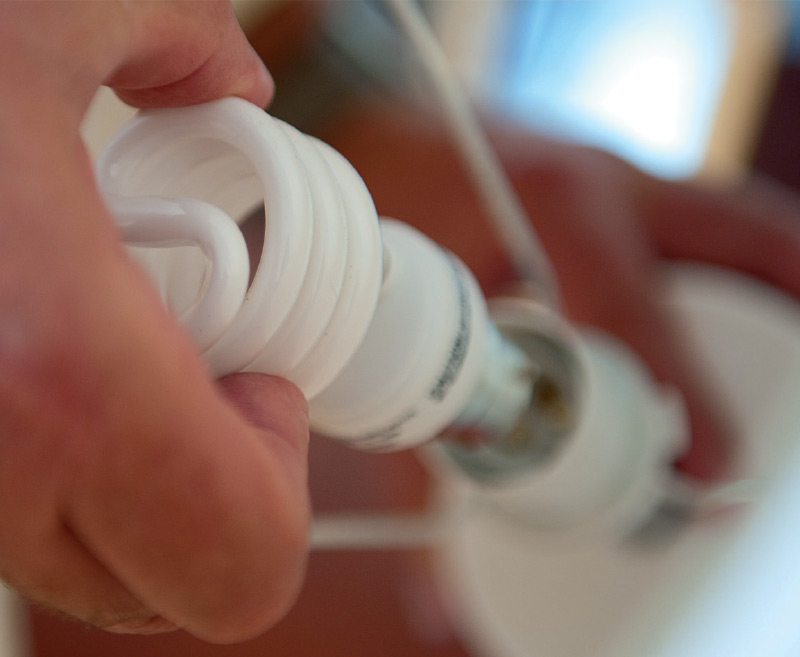
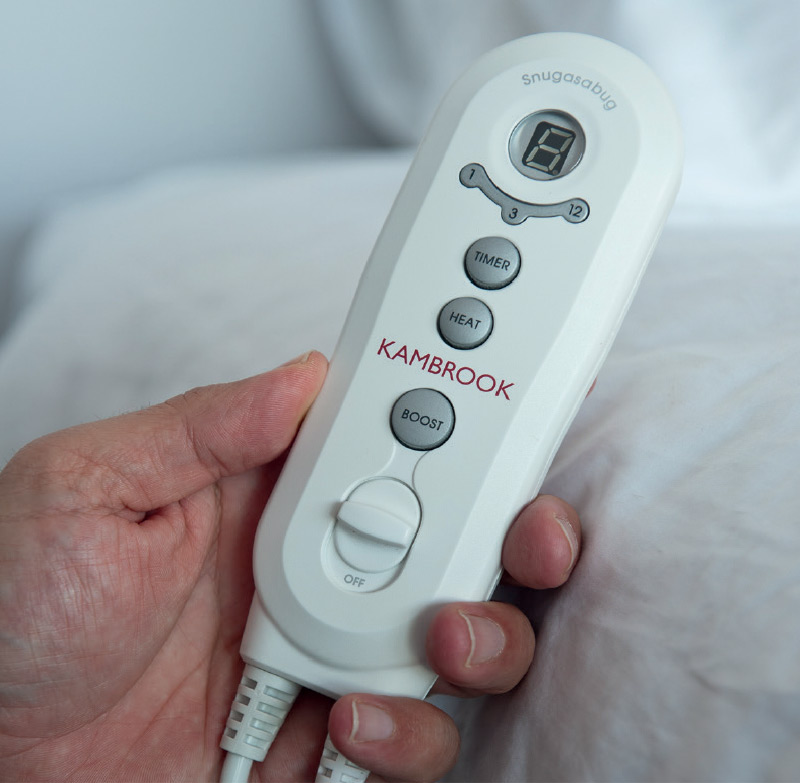
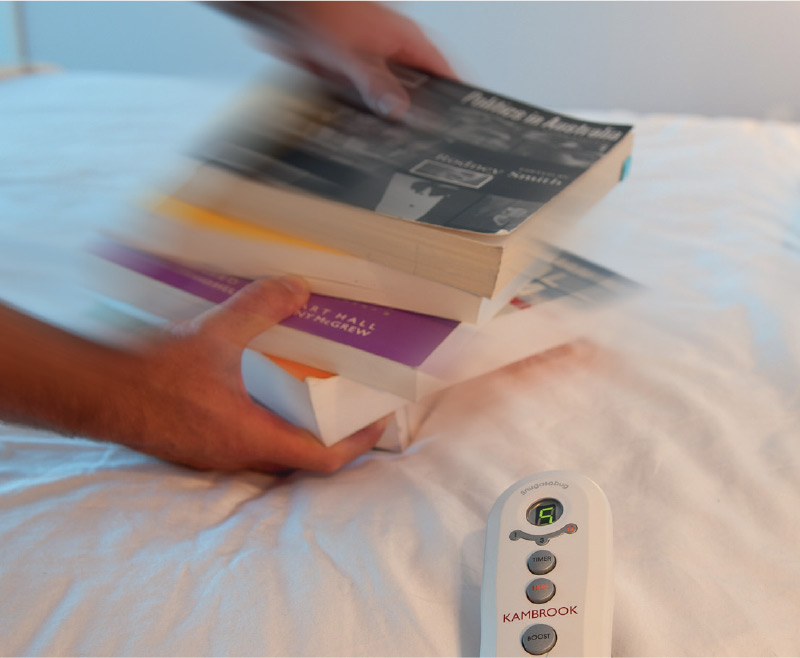
Laundry
- Clean dryer lint filters before every use.
- Ventilate dryers adequately.
- Allow dryers to complete their cool down cycle.
- Label flammable liquids and poisons clearly and keep in correct containers.
- Store poisons and flammable liquids safely away from children.
Electrical
- Don’t overload power points or power boards.
- Replace damaged plugs and leads.
- Use power boards with overload protection.
- Never handle electrical equipment with wet hands.
- Switch off and unplug appliances when not in use.
- Don’t use faulty electrical equipment until it has been repaired.
- Don’t place extension leads under carpets or furniture.
- Install an earth leakage circuit breaker.
- Check electrical wiring and switches regularly, especially in older homes. This must be done by an authorised tradesperson.
Further Information
For further information on electrical safety contact:
- Office of Electrical Standards and Safety
- Ph: 1300 366 322 or visit www.worksafe.tas.gov.au
- Aurora Energy
- Ph: 13 2004 or vist www.auroraenergy.com.au
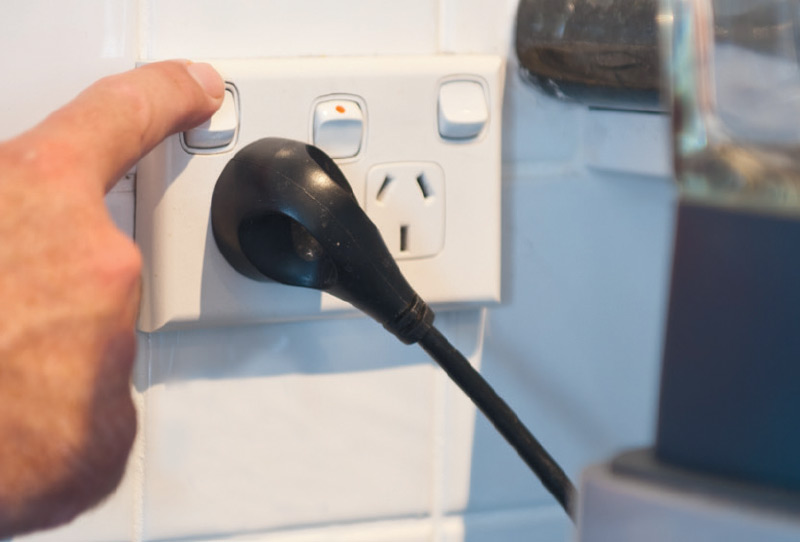
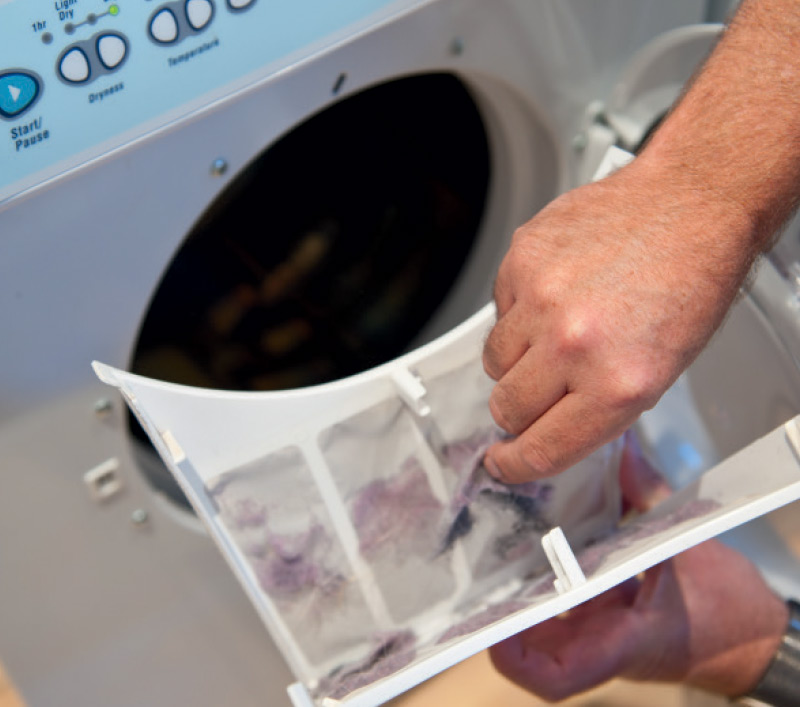
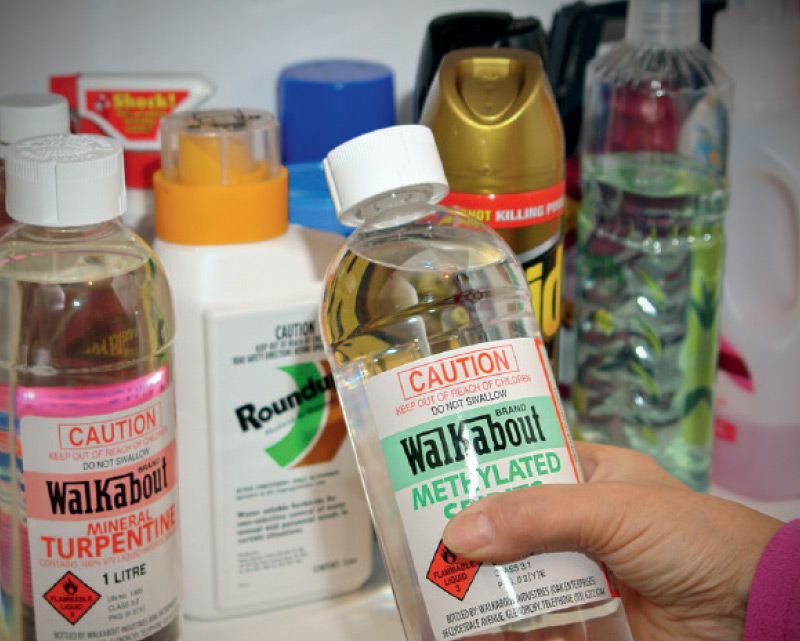
Cigarettes, candles and oil burners can all be dangerous fire hazards:
- Do not smoke in bed.
- Dampen cigarette butts before putting them in the rubbish.
- Use a child resistant lighter.
- Butt out in a deep-sided ashtray or metal container filled with sand.
- Store matches and lighters out of children’s sight and out of their reach.
- Make sure your candles are on properly designed candle holders.
- Don’t go to sleep when a candle or oil burner is alight.
- Do not put candles or oil burners near windows - be careful, curtains can catch fire easily.
- Do not place lit candles where they can be knocked over by children, pets or anyone else.
- Keep candles out of the reach of children and pets.
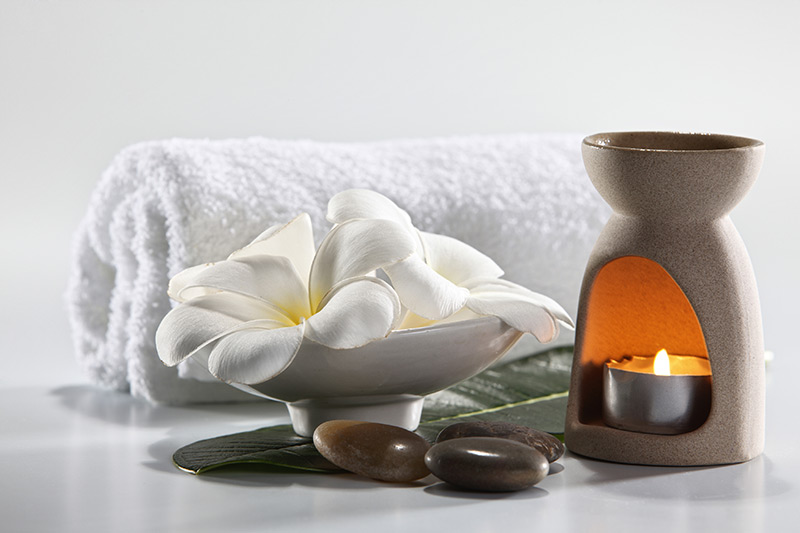
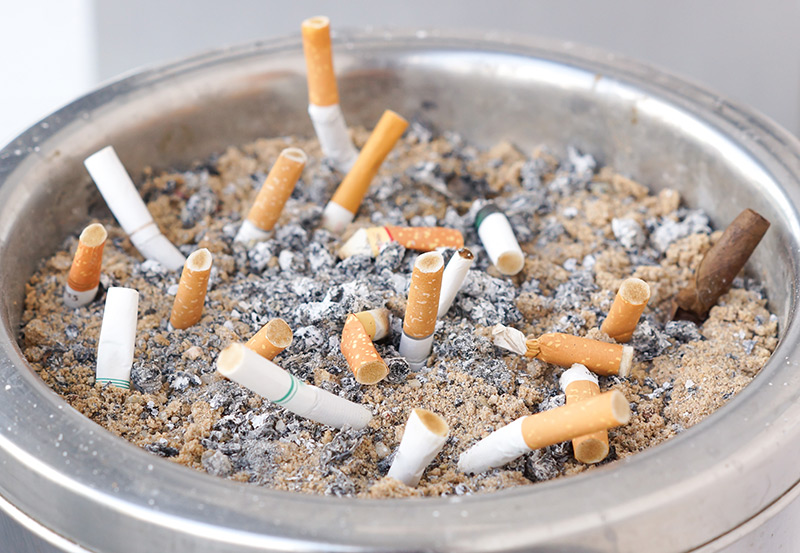
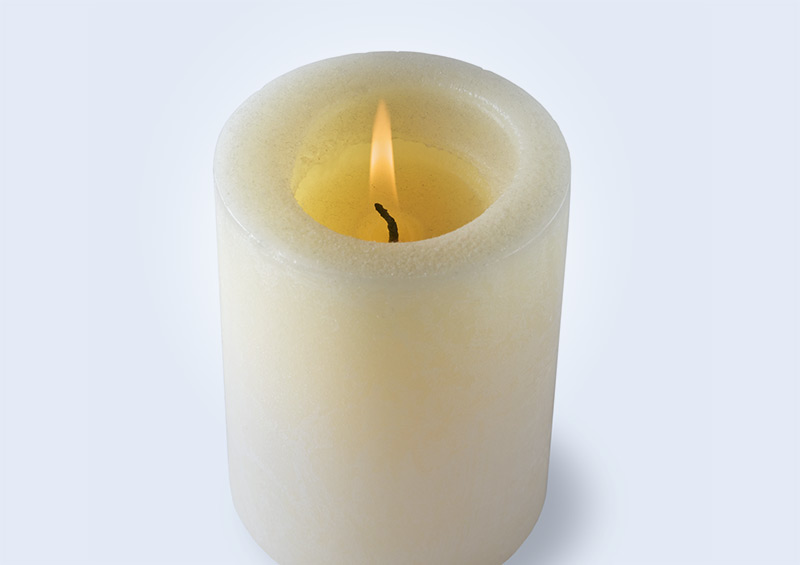
Wheat filled heat packs (wheat bags or wheat packs) can help pain, but they also have the potential to cause burns and fire if improperly used.
Tasmania Fire Service Firefighters have responded to numerous house fires that have occurred due to wheat bags overheating in microwave ovens or wheat bags being used to warm bedding materials.
What you need to know
- Ensure the wheat bag you purchase comes with instructions and follow them carefully, especially when heating. Ensure the timer on the microwave oven is correctly set when heating your wheat bag. Accidentally setting 30 minutes instead of 3 minutes is easy to do and has caused fatal fires.
- Only use wheat bags for direct application to body aches and pains. Wheat bags can ignite, and are not designed for warming beds.
- Regularly check your wheat bag for signs of wear and tear or scorching. With age the wheat dries out and can catch fire.
- If your wheat bag begins to smoulder or catches fire ring Triple Zero immediately.
- Fragrant oils added to the wheat bag may increase the fire risk.
Remember
- Don't overheat a wheat bag by placing in the microwave longer than specified by the manufacturer.
- Don't leave the wheat bag unsupervised in the microwave.
- Don't let anyone, particularly children or the elderly sleep with a wheat bag.
- Don't use the wheat bag to warm your bed up, as it may spontaneously ignite.
- Don't reheat the wheat bag before it has properly cooled.
- A wheat bag should be cooled down on a non-combustible surface before storing
